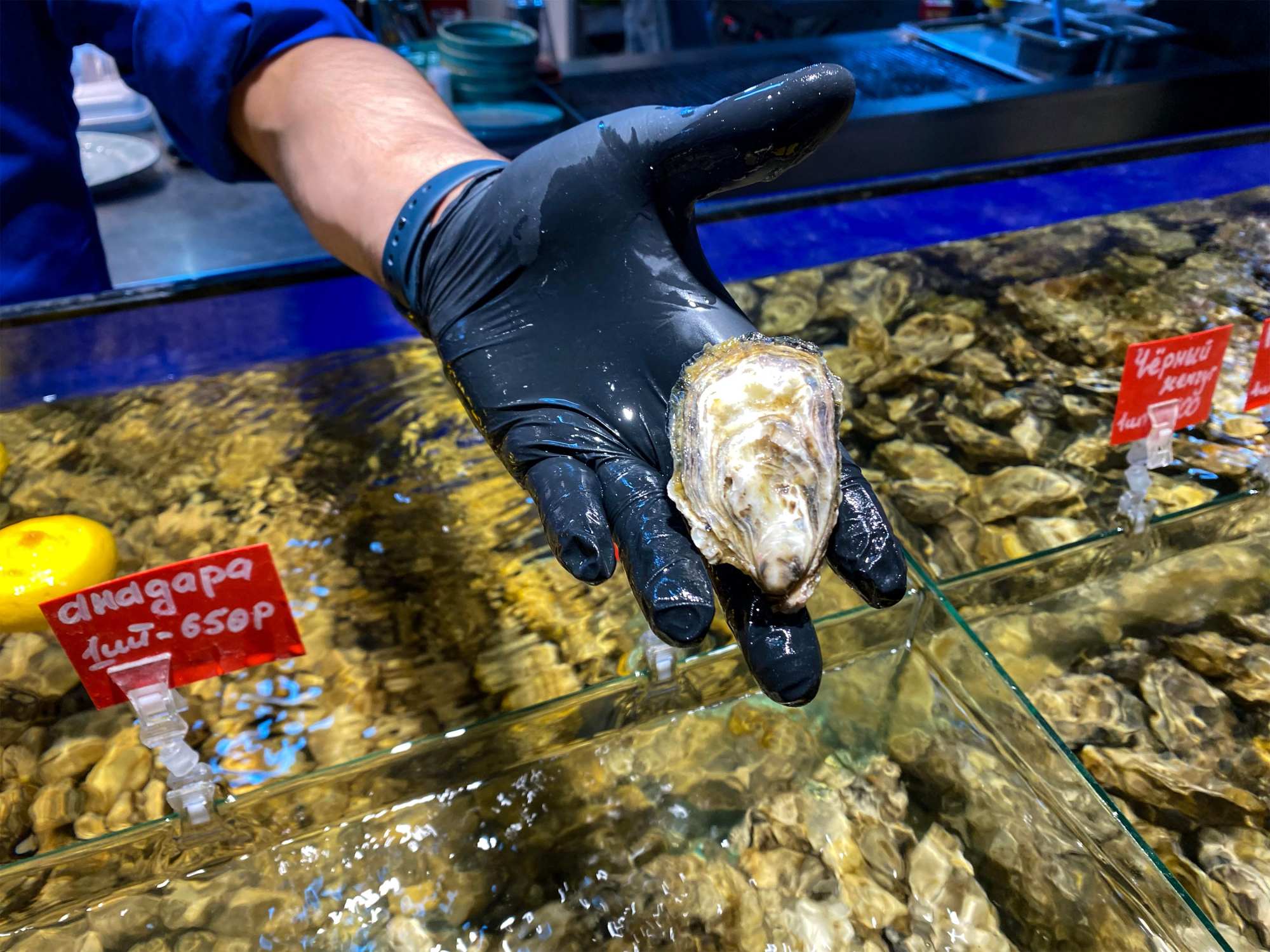
G7 calls for Japanese food bans to be ‘immediately’ lifted after China’s curbs
- G7 trade ministers ‘deplore actions to weaponise economic dependencies’ in a statement without mentioning China
- The group also expresses its ‘concern’ over recent control measures on the export of critical minerals
The G7 trade ministers, in a statement after a weekend meeting on Osaka, did not mention China but they also denounced what they consider its rising economic coercion through trade.
“We deplore actions to weaponise economic dependencies and commit to build on free, fair, and mutually beneficial economic and trade relationships,” said the 10-page statement.
Japan’s Fukushima water release is a scientific, emotive and diplomatic issue
The waste water discharges, which are expected to continue for decades, have been strongly opposed by fishing groups and neighbouring countries including South Korea, where hundreds of people staged protest rallies.
China urged the G7 not to “stubbornly adhere to double standards” but take practical action to maintain the normal international trade and investment order.
In a statement late on Sunday, China’s embassy in Japan said: “The G7 members undermine the level playing field and disrupt the security and stability of global production and supply chains.” China also called the G7’s actions “economic coercion”.
The G7 - the United States, Japan, Germany, Britain, France, Italy and Canada - also expressed “concern” over recent control measures on the export of critical minerals.
China, the world’s top graphite producer, this month announced export curbs on the key material, used in electric vehicle batteries, in another bid to control critical mineral supply in response to challenges over its global manufacturing dominance.

The G7 ministers “shared the need, a genuinely strong one, to reduce dependence on a particular country” for the supply of critical resources, said Yasutoshi Nishimura, trade minister of the host Japan. “We completely agreed to build resilient and reliable supply chains” for critical minerals, semiconductors and batteries, he told a press conference.
The ministers reaffirmed their concerns on “a wide and evolving range of non-market policies” that include “pervasive, opaque and trade-distortive industrial subsidies” and forced technology transfer, the statement said.
As Japan pushes to sell Southeast Asia more seafood, will consumers bite?
Additional reporting by Associated Press

